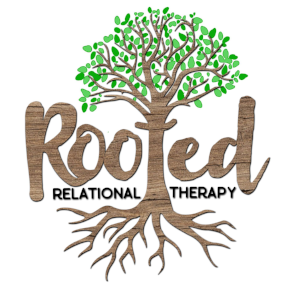The Benefits of Play Therapy
Play therapy is a unique, expressive type of therapy that allows children, adolescents, and adults to broaden their communication and reveal their struggles by externalizing their concerns through symbols and metaphors. Since play is the language of children, they can communicate their concerns through play more easily than talking. When therapists observe children in play, they can better understand their worries and behavioral concerns. Our therapists utilize sand tray therapy, where children can create their unique world through placing figurines in a tray of sand. Play therapy allows children to get in touch with their creativity, and offers a sense of control and empowerment. When family members engage in play together, their perceptions of one another begin to change, and children’s needs can be clearly communicated. Bonds between children and parents are made more positive and secure through playing together. Play encourages a sense of fun, excitement, and laughter, helping both children, adolescents, and adults enhance their well-being.
Play therapy helps children in the following ways:
- Facilitating healing from past stressful or traumatic experiences
- Allowing the expression of feelings
- Encouraging creative thoughts and new ideas
- Allowing the development of healthy decision-making skills
- Enabling the communication of problems and concerns to others
- Supporting the learning of new ways of thinking and behaving
Who can benefit from play therapy?
All children go through stages or an occasional emotional “crisis.” But some children have serious concerns, often caused by:
- Neglect
- Family violence
- Divorce, separation or other changes in a family situation
- Severe burns or disfigurement
- Chronic illness
- Deafness or other physical challenges
- Grief
- Hospitalization
- Learning disabilities or other mental challenges
Often, a child needing help displays one or more of the following traits or behaviors:
- Poor academic performance
- Poor relationship with peers or siblings
- Passivity, withdrawal
- Bedwetting after toilet training
- Reading problems
- Social immaturity
- Speech difficulties
- Refusal to speak
- Preoccupation with sex
- Excessive worrying, anger, sadness or anxiety
- Phobias
- Aggressive behavior or acting out



